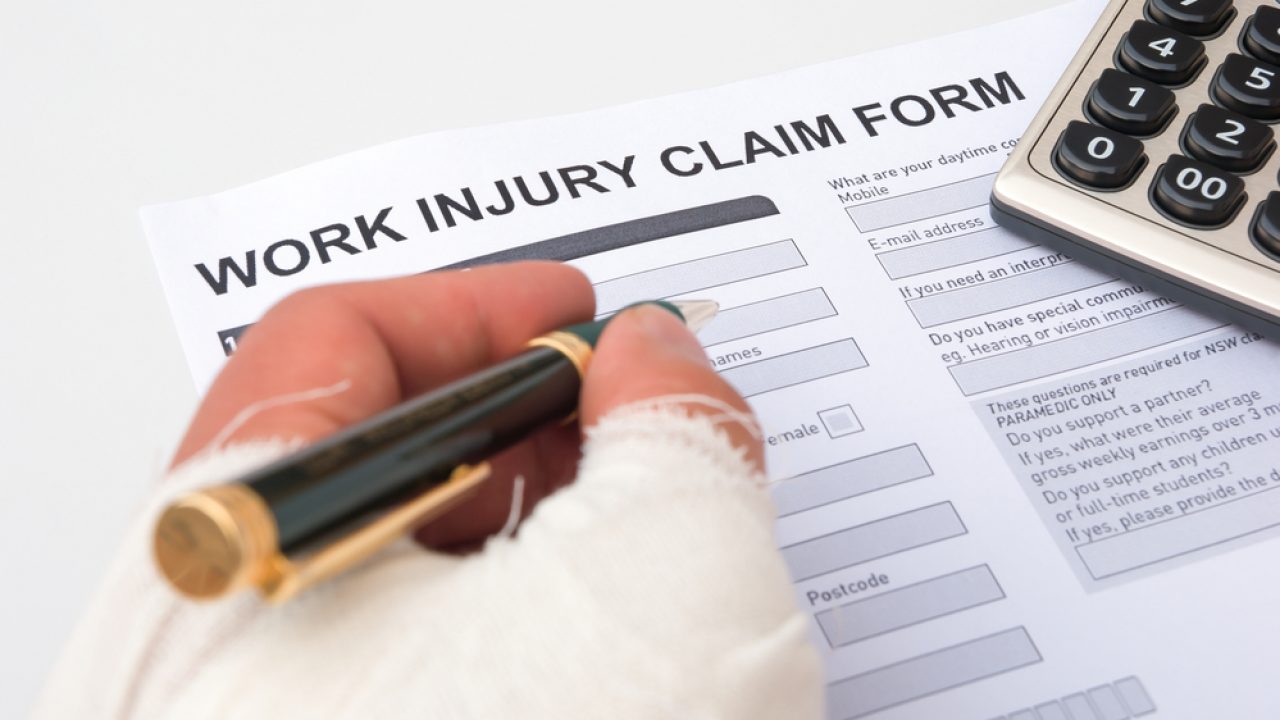Pain and suffering come under non-economic damages and are not easy to calculate. Pain and suffering in a personal injury or wrongful death claim means the victim or the victim’s family can claim damages for being mentally affected by the accident. Pain and suffering damages are tricky to calculate because they do not merely include physical damages but psychological damages as well.
For example, people might develop anxiety, PTSD, and depression due to the incident. These issues can affect their ability to work and earn for themselves, basically leaving them impaired in functioning as normal humans. Contact a Queens car accident lawyer to receive legal advice.
Conditions for pain and suffering damages
Every state has different limitations for claiming pain and suffering damages. In this article, we will talk about the caveats that are only restricted to New York. Pain and suffering claims are mostly claimed in wrongful death and personal injury cases, but there could also be claims in other types of cases.
Mental Pain and Suffering
In New York State, according to their laws, the families of victims of car accidents are not legally entitled to receive compensation for their own pain and suffering. Still, they can receive compensation for the victim’s pain and suffering. If you lose a loved one in a car crash, you cannot legally claim pain and suffering damages for yourself or other family members, but you can claim damages for the deceased. The deceased’s family receives the compensation the deceased would have received had they survived the crash.
Many people think this law is outdated and that the victims’ families also deserve compensation for their suffering. It is very easy to develop serious mental health issues like depression after losing a loved one.
No Caps for Pain and Suffering Damages
In the United States, New York falls under the few states that have no restrictions on how much an individual can receive as compensation for incurring damages during a car accident. The jury has the liberty to award whatever amount they deem is best to provide full compensation to the victims and their families.
In other states, there is a cap on the amount of compensation that can be provided to the victims or their families, as people think plaintiffs could receive more than they economically deserve if there are no restrictions set on the amount. But New York does not have such limits, which gives every victim a chance at getting full reimbursement.





